Switzerland again rejects Germany's plea to re-export Swiss ammunition to Ukraine
The Swiss government has again turned down an appeal from Germany to allow the country to re-export Swiss-made ammunition to Ukraine, insisting that such a move would violate Swiss neutrality in the raging war.
"Under the principle of equal treatment in neutrality law, Switzerland cannot agree to a request for the transfer of war materiel of Swiss origin to Ukraine as long as the latter is involved in an international armed conflict," the Swiss government said in a statement on Thursday.
"As the legal situation remains unchanged, approval of a transfer of Swiss war materiel by Germany to Ukraine is still not possible."
The rejection came after German Defense Minister Christine Lambrecht urged the Swiss government last month to allow the supply of 12,400 rounds of Swiss-made ammunition for Gepard anti-aircraft tanks that Berlin has already supplied to Kiev to help its West-backed war against Russia.
This is while Swiss Economy Minister Guy Parmelin also conveyed the same response that Bern had communicated to Berlin back in June when it rejected an earlier request.
The 35mm shells were originally supplied by Swiss companies to the German army decades ago on the condition that it could not re-export the munitions without Swiss approval.
Russia hints withdrawal from S. Ukraine but Kiev fear trap
An official in the Russia-held former Ukrainian city of Kherson has declared that Russian troops will likely withdraw from the west bank of the Dnipro River in the city and called on civilians to leave the area.
However, Ukrainian authorities and Western military analysts remained cautious amid Moscow’s silence on the development, suggesting that Russia may be setting a trap for advancing Ukrainian troops.
The Kiev government and “most likely our units, our soldiers, will leave for the left (eastern) bank,” said deputy civilian administrator of the Kherson region, Kirill Stremousov, during a Thursday interview with an online media outlet.
However, Russia had previously denied its forces were planning to withdraw from the area.
At another point, Stremousov said he hoped “that we will not leave Kherson” and if that were to happen, “it will be a big blow not only in terms of the image of us all, but a big blow for people who could stay here.”
Speculation remains high over whether Russia was indeed withdrawing after photos circulated on social media platforms showing the main administrative building in Kherson city with Russia’s flag no longer flying atop it.
However, the spokesperson for Ukraine’s southern military command, Natalia Humeniuk, insisted that the photos could be Russian disinformation and a trap.
“This could be a manifestation of a particular provocation, in order to create the impression that the settlements are abandoned, that it is safe to enter them, while they are preparing for street battles,” she said in televised comments cited in wire reports.
Kiev reports more Russian attacks, power cuts
Russian forces have reportedly launched three missiles and 16 airstrikes on Ukrainian targets over the past 24 hours, as well as more than 40 shelling episodes, according to a statement by the Ukrainian military on Thursday.
On the southern front, Russian fire struck more than 35 towns and there were more than 30 reconnaissance missions by drones, the statement noted.
It also claimed that Ukrainian aircraft launched 12 strikes on 8 Russian-occupied areas, hitting four anti-aircraft units. The battlefield reports, however, remain unverifiable.
Moreover, a Ukrainian foreign ministry statement accused Russian authorities of carrying out “mass forced movement of residents” in Kherson and Zaporizhzhia provinces in the south and Luhansk and Donetsk regions in the east to the territory of Crimea.
Ukraine’s President Volodymyr Zelensky also claimed in a video address that Russian attacks in the past few weeks on Ukrainian energy and water supplies have left 4.5 million Ukrainians in Kiev and 10 other regions without power as winter approaches.
According to press reports, Ukraine has attacked the main river crossings for months, making it difficult for Russia to supply its forces on the west bank. While
Ukrainian troops have been advancing along the river since the beginning of October, but their advance has slowed in recent days.
Reports further suggest that Ukrainian troops visited the front line last week and saw no evidence of Russian forces withdrawing, insisting that they were rather reinforcing.
Palestinians flee Gaza City suburb after Israel issues forced evacuation order
Iran says will discuss key nuclear, regional issues with France, Germany, UK
VIDEO | Israeli archaeologist killed in Southern Lebanon
VIDEO | Israeli airstrike on Lebanon's army base kills soldier, injures 18 others
Sirens sound across Tel Aviv as Hezbollah fires barrage of missiles at Israeli target
Israeli ‘archeologist’ who toured south Lebanon in military uniform to falsify history
The importance of Venezuela for Iran
Iran beats traditional rival Russia in freestyle and Greco-Roman wrestling friendly


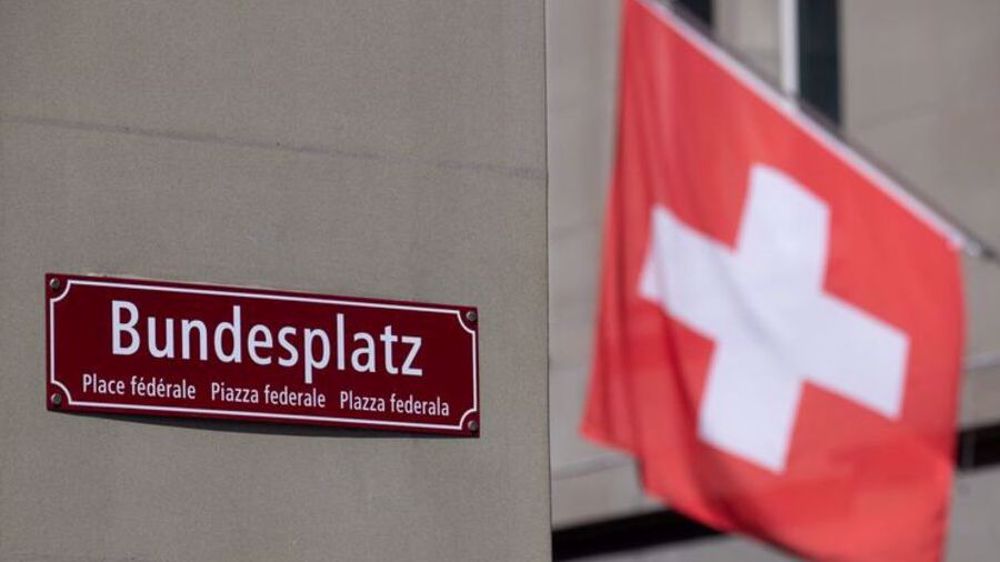
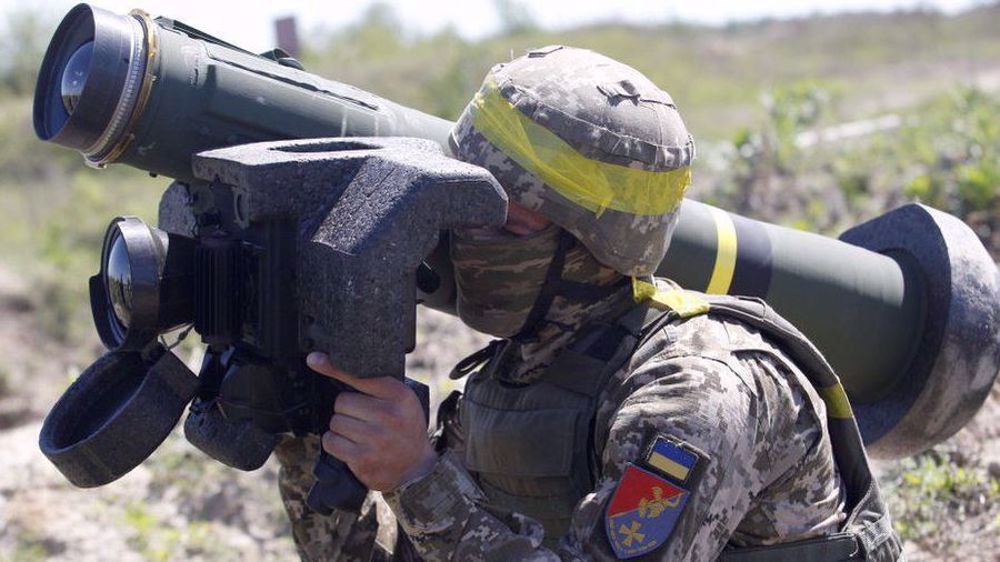
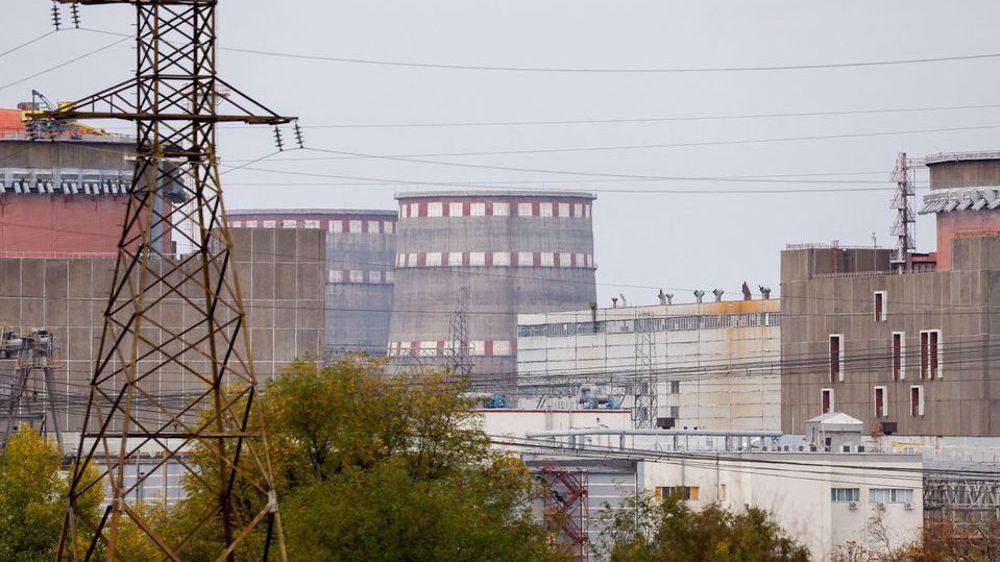
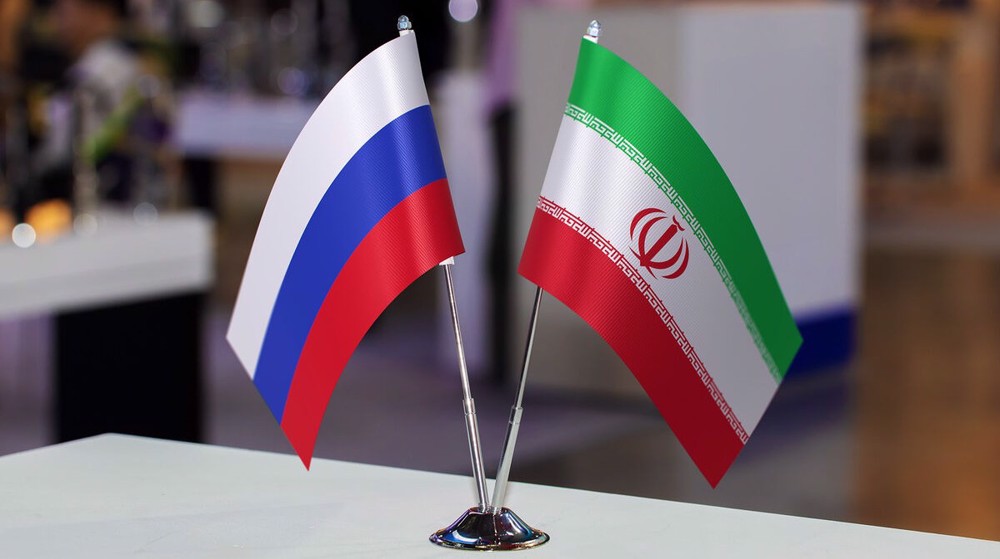
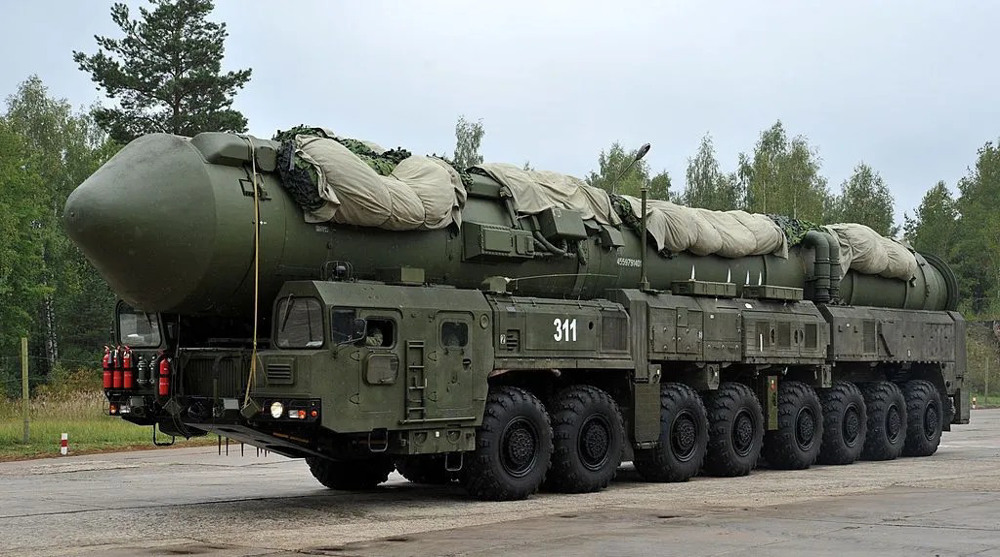





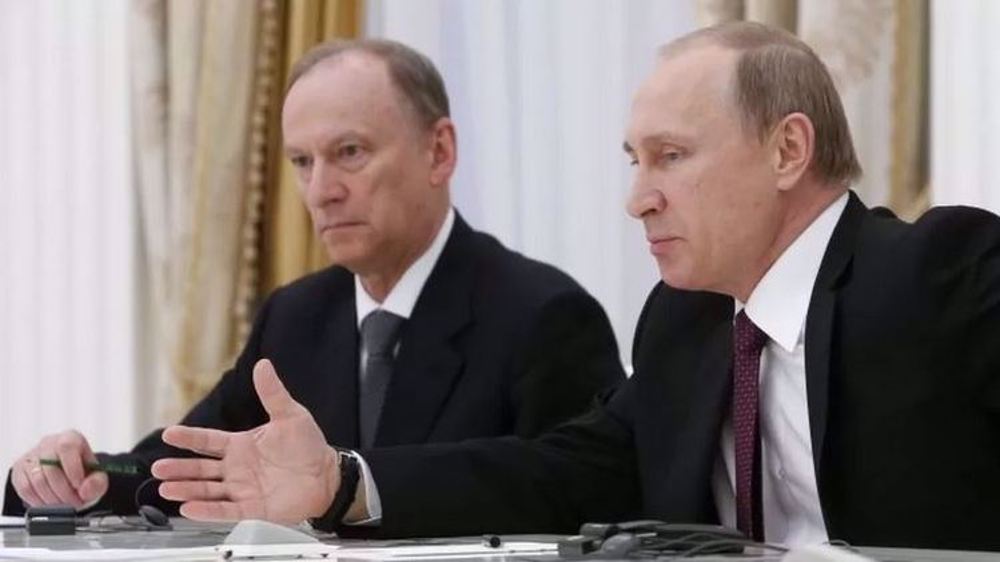


 This makes it easy to access the Press TV website
This makes it easy to access the Press TV website